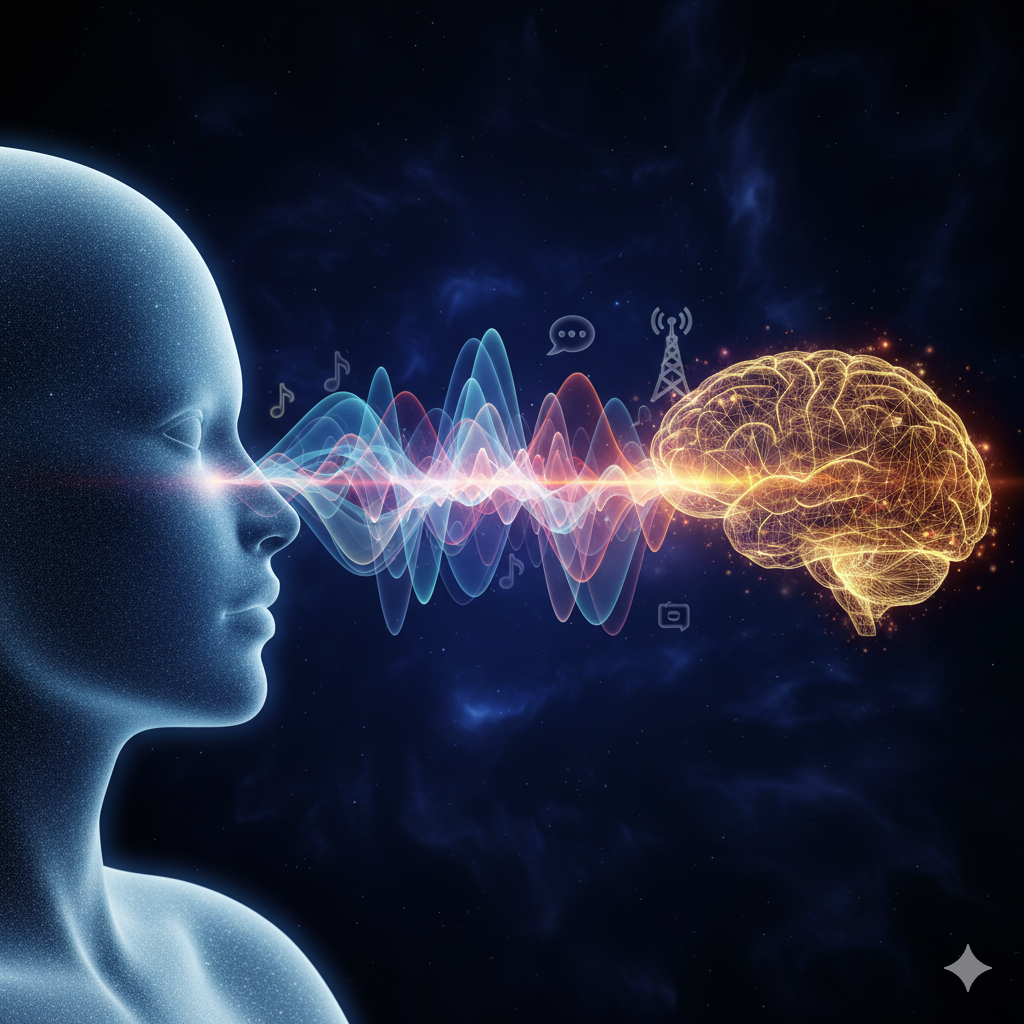We spend a lot of time focusing on what we say, but have you ever stopped to consider how we sound? Forget the grammar police for a moment, we're talking about the brilliant, baffling psychology behind every rustle, every jingle, and every perfectly paced sentence. It’s time to get a bit nerdy about noise and realise that communication is far more than just well-chosen vocabulary.
Let’s be honest, your voice is a superpower. It’s not just the words; it's the music. That low, slow pitch you hear on the telly? It's literally designed to tell your brain, "Pay attention, this person is important." Conversely, a frantic, quick pace signals panic. We can't help but decode these vocal queues—it's primal stuff. It's all about how your vocal colour is interpreted before a single word is processed.
And it goes deeper than that. As someone born in Suffolk, I know the local accent is famously hard to replicate—and yet, just a few miles down the road in Essex, the whole tone of voice is quite different. Our accents and voices say so much about who we are and where we're from. When choosing a voice to represent your business or message, you aren’t just hiring a sound; you're choosing an identity.
Ever heard the four-note sound of a particular streaming service and immediately felt ready for a night in? That’s Auditory Branding at its finest. Companies spend a lot of money getting those sonic logos just right because they bypass your logical brain and hit your memory centre. Similarly, in storytelling, the neuroscience is clear: a well-delivered narrative structure, complete with changes in pace and texture, is simply more memorable than a dry data dump. We're wired for stories, and sound is the key that unlocks that memory door.
Finally, there’s the quiet hero: listening. Communication is a two-way street, and if we’re not actively listening—truly hearing the tone, the hesitation, and the nuance—we’re only getting half the picture. Empathy starts when you stop waiting for your turn to speak and actually realise what the other person is communicating with their whole sound.
I'm Nick Pandolfi and I talk for a living, so when you choose a voice to represent your message, what does that voice sound like to you?


